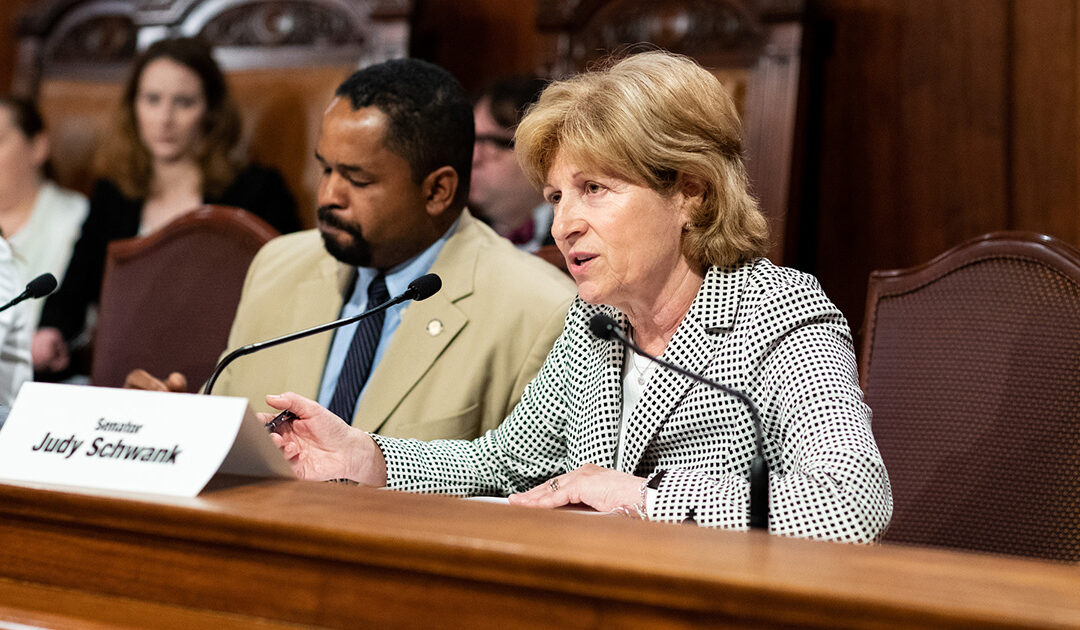Harrisburg, September 25, 2019 − The Pennsylvania General Assembly’s Legislative Budget and Finance Committee today released a study of the Commonwealth’s dairy industry which was prompted by legislation sponsored by Sen. Judy Schwank (D-11th District).
The legislation, Senate Resolution 384, directed the joint committee to conduct a study and issue a report making recommendations for initiatives to assist dairy producers in the Commonwealth in response to the decreasing demand for dairy products and decreasing milk prices.
The 130-page report is divided into five sections that provide background information on the Commonwealth’s dairy industry, historical and contextual issues, current issues and, finally, recommendations to aid the industry.
The recommendations centered on improving milk market fairness, potential and oversight. They included:
- Regulating plant-based milks as a Class V Milk Product (Class I through IV represent fluid milk, cream products, cheeses and butter/dried milk products, respectively).
- Clarifying milk date coding requirements.
- Licensing milk retailers to capture more detail about milk sales in Pennsylvania to better inform future decision-making.
- Expanding existing research and development assistance for the dairy industry.
- Aiding the development and construction of cheese plants.
- Further developing Pennsylvania’s identity and uniqueness for fluid milk.
- Expanding the size of the Pennsylvania Milk Marketing Board (PMMB) from three members to five.
- Changing the name of the Pennsylvania Milk Marketing Board to the “Milk Control Board.”
- Improving the transparency and distribution of the PMMB’s Over-Order Premium, an amount over the applicable Federal Order or PMMB-established base price, which the PMMB mandates be paid to Pennsylvania producers for all Class I milk produced and utilized in Pennsylvania.
“This study gives us a full view of the dairy industry, and that context is imperative. To improve anything, you must first know how you got where you are,” Schwank said. “I look forward to sharing the report with local farmers and seeing what legislative aid we can provide.”
The recommendations are a starting point for future discussion and action by policy makers. The full report can be found at http://lbfc.legis.state.pa.us/.
-30-

